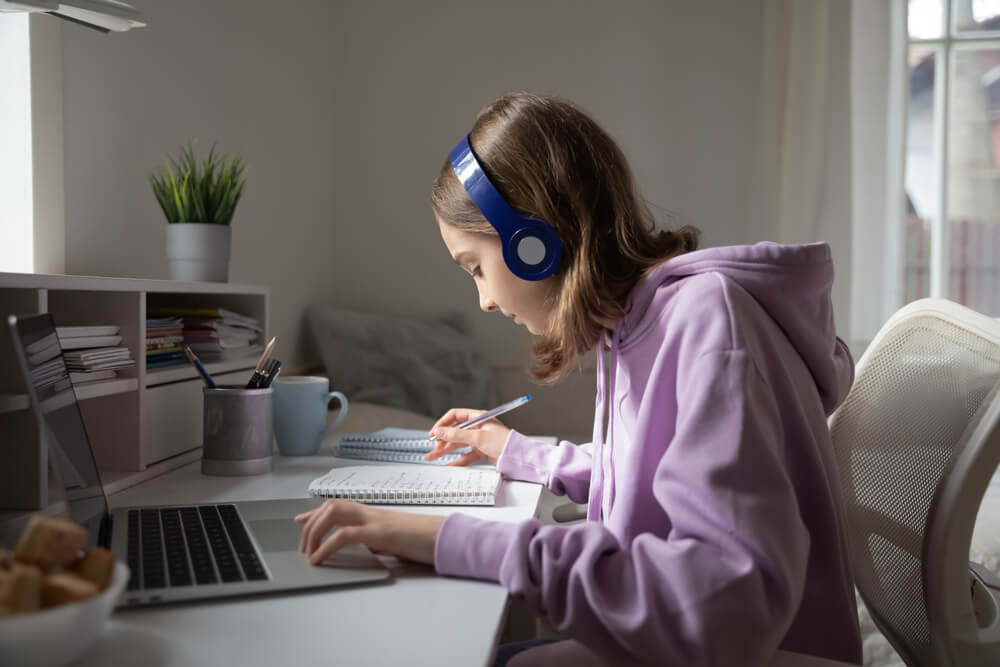Many people experience fears during childhood. Fear of the dark, of certain animals, specific characters or fantastic beings, natural phenomena such as storms, etc. , however, in most cases, these fears disappear as the little ones grow older, and do not reach the point of become phobias, as is the case. with school phobia.
What to do when certain fears persist over time and manifest disproportionately, interfering in the child’s life?
- School phobia is defined as the irrational and excessive fear of certain school situations that causes a great difficulty in going to school or staying in school.
- The causes of this phobia can be varied.
- Like:.
All of these situations cause an intense anxiety reaction in children, as well as changes in motor, physiological and cognitive levels.
In this typology negative thoughts arise about the school, in addition, it is worth noting the anticipation of negative consequences (for example, reprimands of the teacher) that will not necessarily occur.
The child has a negative view of his or her performance in class or feels anxious about vomiting, dizziness, or other physical symptoms in front of his peers.
The main symptom of motor changes is avoidance, i. e. resistance in school, expressed both physically and verbally.
The child complains of pain or says he is sick, does not get out of bed, does not dress, does not eat breakfast, etc. , ultimately does not perform the characteristic routine of preparing to go to school. if he goes, the child can cry, scream or try not to enter.
They are characterized by a significant increase in physiological activation, which manifests itself in symptoms such as sweating, muscle tension, stomach pain, diarrhea, feeling dizzy, among others.
Is it very important to determine if a child has a phobia of school?Differentiate it from separation anxiety.
Separation anxiety is understood as the child’s fear of separating from people with which he has a strong emotional connection, usually his parents, for example when you leave them to go to school, go hiking, go to sleep with a friend, etc.
Therefore, to differentiate anxiety by separation from phobia from school, we must ask ourselves why the child does not want to go to school, if the center of fear is to separate from parents, phobia is excluded.
There are several techniques and methods to reduce the level of disability that phobia produces, knowing this information, we can finally end it.
The most effective are cognitive behavioral psychology, which is based on the idea that a change of thought involves a change of behavior, and vice versa. The most common methods are:
The main goal of treating phobia to school is that the child can go to school without feeling anxious, scared or sick.
Although it is also possible to use medications, mainly antidepressants, it is important to consider the balance between the cost and benefit of your administration.
Some studies suggest that the side effects of these drugs do not compensate for their use, as there are psychological therapies that work and can be performed instead.
Thus, psychological therapies prove to be an effective option with long-term results.

